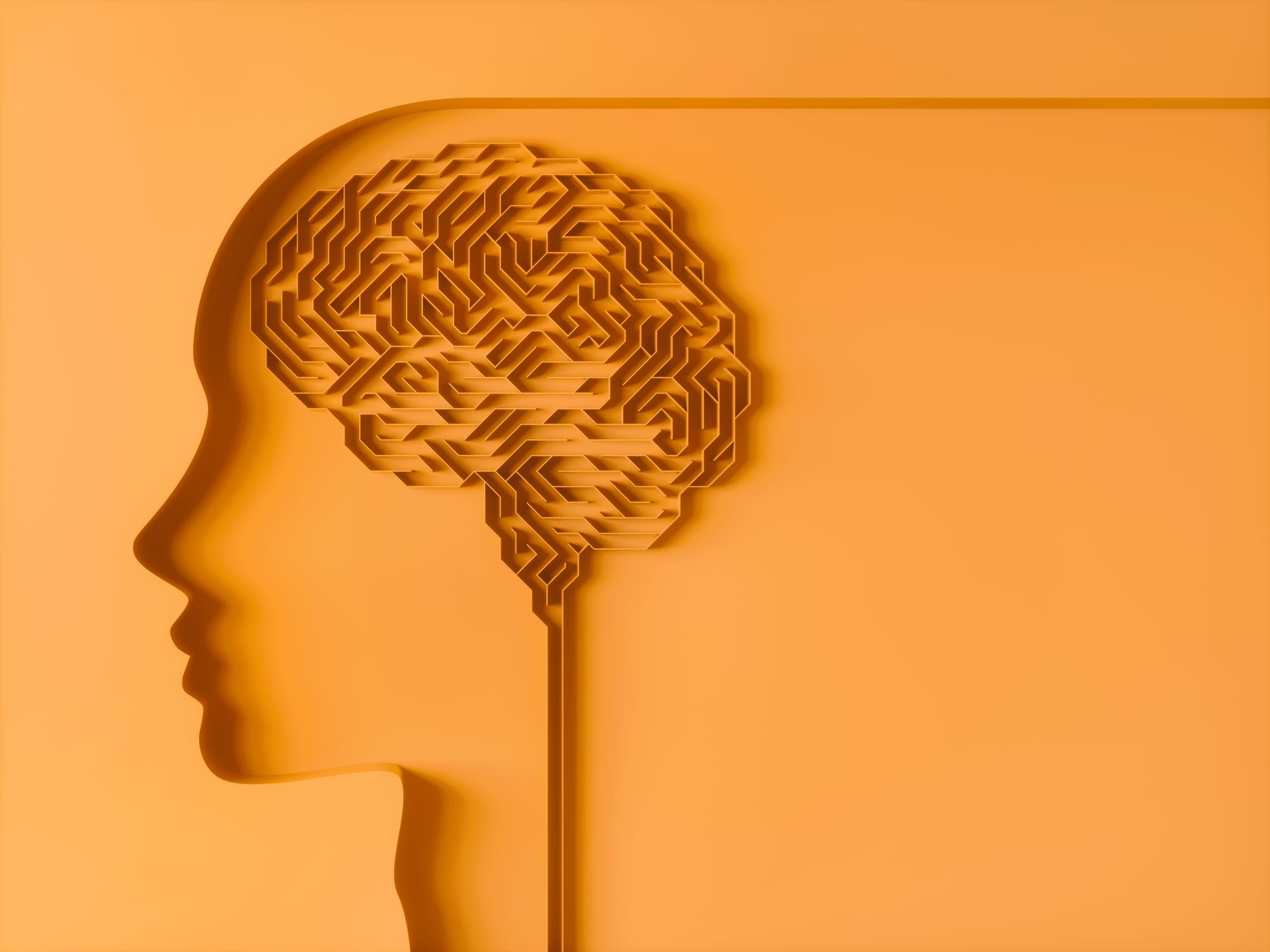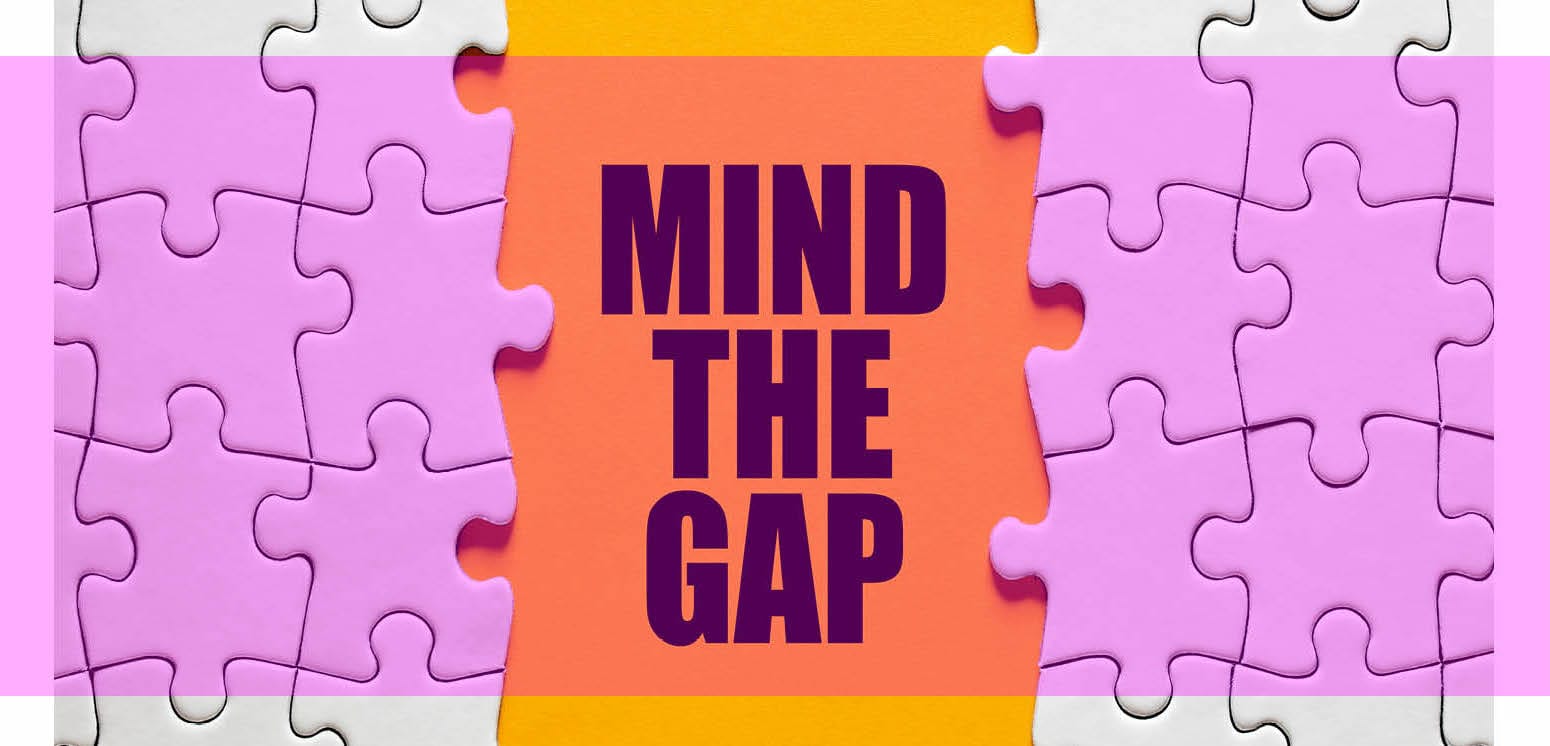
What does the Mental Health Bill mean for you?
Sonya Russell, Kaiwhakahaere Hauora Hinengaro, Waranga | Director Mental Health and Addiction Leadership, Te Hiringa Mahara – Mental Health and Wellbeing Commission has this to say:
MPs have a big job ahead of them as they refine legislation that underpins mental health care in Aotearoa New Zealand. Parliament’s Health Select Committee received over 300 submissions on the Mental Health Bill representing a very wide diversity of views, interests and experiences. During the next three months of hearings Committee members must consider and then recommend to Parliament how the Bill should move forward; we can expect some intense debate. The hopes and fears of many people are riding on the outcome
While attention is paid to specific provisions and detailed wording of the Bill, we can’t forget that improved access to high-quality and people-centred services is critical. Changes to clinical and provider practice are necessary. Addressing discrimination and stigma across the system and in our communities will also play a crucial role. Ensuring the intent of the Bill is realized depends on workforce, investment, technology, and communication.
Te Hiringa Mahara - Mental Health and Wellbeing Commission’s submission outlines what we support and what we want to see strengthened. The big question we ask is does the Bill go far enough to protect people’s rights to achieve better and fairer outcomes for mental health?
Good first step - a long way to go
The Bill is a step in the right direction to update our Mental Health Act 1992. More work is needed to fully embed a modern human rights framework for supported decision-making. We broadly support the Bill’s principles underpinning limited use of compulsory care, updated rights, and new roles and arrangements towards a modern supported decision-making legislative framework for specialist mental health care. However, the Bill does not go far enough to enable the shifts in practice we want to see. Roles and processes remain largely unchanged from the current Mental Health Act. This includes requiring a responsible practitioner (clinician) and a court hearing for applications and orders for compulsory care.
In our view, a reformed approach that enacts collaborative decision-making authority and responsibility is needed to change day-to day clinical and provider practices. This is what we need to achieve outcomes that respect people’s rights, will and preferences, to make decisions about their care. We want to see compulsory treatment orders – currently used at higher rates for Māori and Pacific compared to other population groups – reduced and eventually phased out. We want the Bill’s intent to reduce and eventually eliminate ‘seclusion’ in hospital settings enacted with an end date, alongside a resourced plan to make it happen.
There are many signs the system is under pressure.
Increased investment in more – and a broader range of – services and support are critical to ensure people in crisis and provide alternatives to coercive practices. Once the ‘crisis’ moment in time passes, people need clear pathways to access the care and support they need to continue their recovery. These pathways must include community-based, peer-led, kaupapa Māori services and social support to ensure access to safe and secure housing, meaningful social engagement, and employment. Our hope is that the outcome of the Health Committee’s process to improve the legislation is underpinned by real-life experiences, available evidence, and what’s needed to move us forward.


